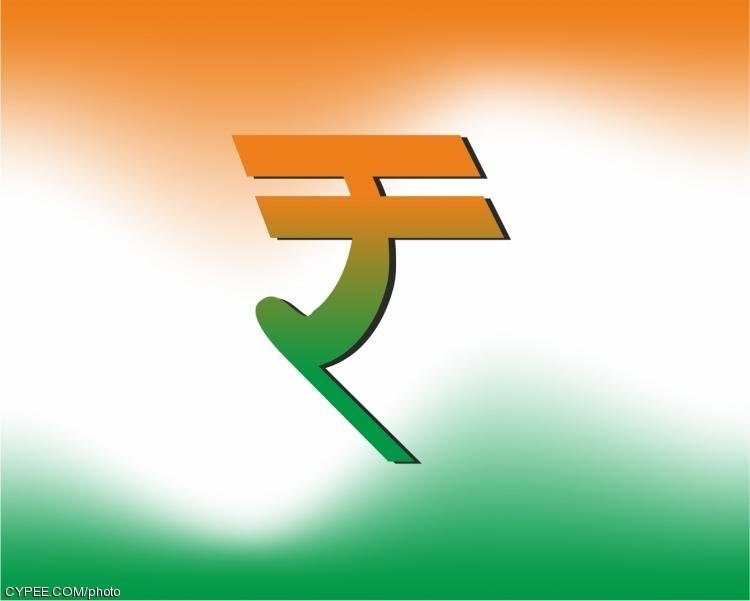Rupee as an International Currency
STORIES, ANALYSES, EXPERT VIEWS

The Reserve Bank of India’s Inter-Departmental Group believes that the rupee possesses the potential of evolving into a global currency in the wake of India’s resilient economic growth amid global challenges. The potential of such a development is significant for India’s economic growth and international standing. If the rupee becomes a global currency, India can benefit in several ways. It can be used for international trade transactions, reducing dependence on other currencies and lowering exchange rate risks.
Advantages of a global rupee: A global rupee could attract more foreign investors as they can hold and transact in the currency without facing conversion costs. India can potentially borrow funds from international markets at favourable interest rates, as the global acceptance of the currency may increase demand in bond markets. If its currency goes global, India’s influence in international financial matters could increase, leading to a stronger position in global economic and geopolitical discussions.
Caveat: However, it’s essential to note that becoming a global currency requires sound economic policies, stability, and investor confidence. The RBI and the Centre would need to work on maintaining a robust and stable economy to fully harness the advantages of a global rupee.
Governments, both at the Centre and in states, need to implement prudent fiscal policies, maintain balanced budgets, and manage public debt effectively to ensure the stability of the economy. But they are hardly doing enough on these fronts to be able to take advantage of a global rupee. These inadequacies could pull India down along with the rupee. Addressing the inadequacies in fiscal policies, budget management, and public debt is crucial for India.
(SNS)
















